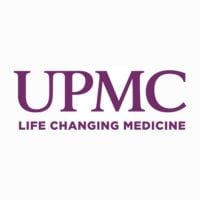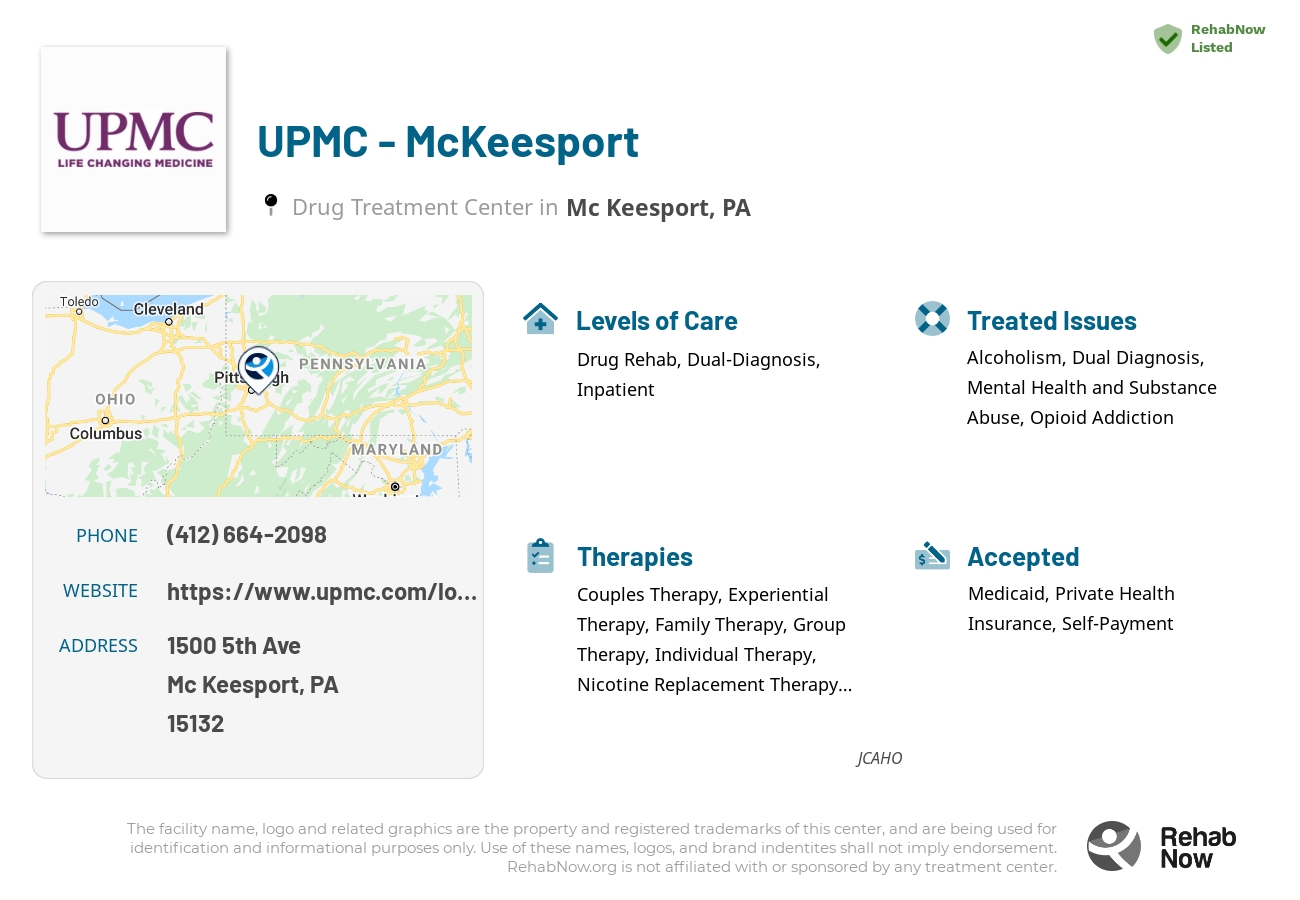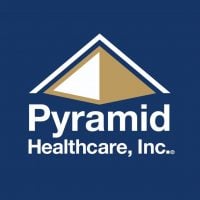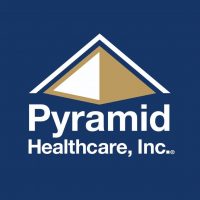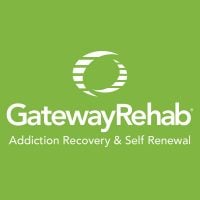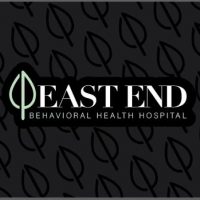UPMC - McKeesport
Drug Rehab Center in Mc Keesport, Pennsylvania
UPMC - McKeesport is a 32-bed facility providing comprehensive treatment for addiction and mental health issues, including evidence-based techniques such as cognitive behavioral therapy (CBT) and dialectical behavior therapy (DBT), with private health insurance accepted.
About This Mc Keesport, PA Facility
UPMC McKeesport, located in Mc Keesport, PA, is a beacon of hope for individuals striving to achieve sobriety from drugs or alcohol. With a specific focus on inpatient behavioral health services for adult and geriatric patients, this 32-bed facility stands out for its commitment to patient care, safety, and its earned national recognition. Its association with the esteemed University of Pittsburgh Medical Center network adds a unique dimension to its services.
Accredited by the Joint Commission on Accreditation of Healthcare Organizations (JCAHO) and the Substance Abuse and Mental Health Services Administration (SAMHSA), UPMC McKeesport meets high standards of care. These accreditations underscore its dedication to excellence and the wide array of addiction treatment and rehabilitation services it offers.
- Nationally Recognized for Care and Safety: UPMC McKeesport’s dedication to outstanding patient care and safety has garnered national attention.
- Comprehensive Behavioral Health Services: Focused on adult and geriatric patients, offering a wide spectrum of behavioral health care.
- Affiliated with UPMC Network: Access to a broad network of resources and professionals enhances the quality of care provided.
UPMC McKeesport addresses a range of addictions and issues, including alcoholism, opioid addiction, drug addiction, and dual diagnosis, employing a variety of treatment methods. With options for inpatient care, outpatient programs, detoxification, dual-diagnosis treatment, and aftercare support, patients receive tailored assistance through every stage of recovery.
Genders
Ages
Modality
Additional
Accreditations
State License
SAMHSA

JCAHO
Conditions and Issues Treated
Substance abuse is the excessive use of any type of drug. This includes alcohol, medications and illegal drugs. Substance abuse is treated with a combination of physical and mental treatments. UPMC - McKeesport patients detox and follow up with therapies that target the underlying cause of the addiction.
Opioid addiction is one of Pennsylvania‘s most prominent forms of addiction. Drugs, including heroin, oxycontin, and fentanyl, are the most common. To relieve pain, or ease other ailments, they are professionally prescribed, but they are often abused because they and the feelings they give are addictive.
Addiction is treated by detoxifying the body, so the medications’ chemicals are no longer impacting the individual. UPMC - McKeesport offers therapies to correct behavior and target the root of the problem are supplemented during and throughout treatment.
Levels of Care Offered
This center offers a variety of custom treatment tailored to individual recovery. Currently available are Aftercare Support, Detox, Drug Rehab, Dual-Diagnosis, Inpatient, Outpatient, with additional therapies available as listed below.
Detoxification is the mainstay of drug addiction treatment. Recovery from drug addiction requires regular medical monitoring, temporary medication use, and other techniques.
If you or someone you know has a substance abuse problem in Mc Keesport provide various methods for drug and alcohol rehabilitation.
When a patient checks into UPMC - McKeesport, inpatient care takes place. Patients undergo treatment that requires detoxification and counseling round the clock. While outpatient treatments are available, as the first phase in recovery, inpatient care is suggested. Intensive and thorough rehabilitation sets patients on the road to a drug-free life.
In outpatient programs at UPMC - McKeesport, the Mc Keesport resident can live with their family while continuing with their job or studies. Treatment includes educating the patient on drug abuse, medications, and counseling sessions at the individual or group level.
Aftercare support refers to the follow-up care provided after the initial rehab program. The quality of aftercare support plays an important role in preventing relapses and sustains recovery. Aftercare support at UPMC - McKeesport is personalized according to the needs of the patient in Pennsylvania.
UPMC - McKeesport‘s Therapies & Programs
Customized individual therapy is counseling involving you and your counselor at UPMC - McKeesport. This builds a personal and trusting relationship so you can truly be yourself and express any emotions as you feel them. Individual therapy leads to greater peace and understanding about your triggers for addiction and coping strategies to prevent relapse.
Substance abuse does a number on an individual’s relationship with other people, particularly in marriage. Spousal relationships bear the brunt of alcohol and drug dependence. Therefore, it becomes critical to submit the relationship to couples therapy to prevent straining it further. Most programs only zero in on the individual with substance addiction without factoring in the importance of the other half’s emotional support.
However, some facilities, like UPMC - McKeesport in Mc Keesport, Pennsylvania, offer couples therapy options to manage intimate partnerships amid the recovery process. Other couples-focused treatment plans can provide the patient and their partner tools to get things back to normal, support each other, and the patient’s sobriety.Group Therapy is a type of counseling that occurs between a bunch of strangers. These groups are suitable for patients who are not confined in a treatment facility, but group sessions are also common in inpatient rehab programs. Group therapy is led by a trained individual at UPMC - McKeesport in Mc Keesport, PA and consists of members from different stages of recovery.
The goal of group therapy sessions is to foster hope and a sense of belonging, share information, and learn coping mechanisms. It also helps to have people who can relate to what you’re going through. Good behaviors can also be contagious, and participants can learn from one another.
Unresolved trauma is often a key reason why many patients resorted to substance abuse. Trauma could be physical abuse, sexual abuse, war, natural disasters, divorce, accident, loss of a loved one, etc. If trauma is the primary cause of substance abuse, then both issues must be addressed.
Dialectical Behavior Therapy (DBT) is an improved version of Cognitive Behavioral Therapy (CBT) DBT is a treatment of choice for people being treated at UPMC - McKeesport whom are suffering from self-harming behaviors. Conditions such as obsessive-compulsive disorder and borderline personality disorder also benefit from DBT.
Cognitive Behavioral Therapy (CBT) is an approach and method in psychotherapy. UPMC - McKeesport asks people to investigate how their thoughts, including habitual, negative, and inaccurate ways of thinking affect behaviors. CBT is based on the idea that rigid, inflexible ways of thinking cause people to have a limited ability to cope with stress
Rational Emotional Behavior Therapy (REBT) is a method of specific counseling that replaces negative and self-limiting thoughts with positive and productive behaviors. Self-defeating thoughts and habits can limit your possible successes. Some examples of this are procrastination, unhealthy eating and angry outbursts. You may not be aware that some unhealthy behaviors and thoughts are sabotaging your potential accomplishments.
Nutrition therapy, which is also known as Medical nutrition therapy (MNT) involves providing healthy diet and improving the eating habits of the patient. Expert dieticians provide individualized meal plan, that addresses the specific nutritional deficiencies and the nutritional impact associated with the medicines that are given as a part of the treatment. It helps to overcome the food cravings that are seen in certain addictions and also addresses the co-occurring conditions such as eating disorders.
Nutrition therapy is very important to support the different therapies provided as a part of comprehensive care. Nutrition therapy also teaches the associated life skills such as cooking healthy food and grocery shopping.
Nicotine replacement is a way to move towards stopping smoking or using any form of nicotine. This can be nicotine gum or nicotine patches. The process of working with trained staff at UPMC - McKeesport in setting a goal quit date, using nicotine replacement and gradually decreasing nicotine intake is proven to help.
Patient Experience
Experiential Therapy at UPMC - McKeesport
Experiential therapy at UPMC - McKeesport includes helping people work through emotional disorders by participating in events in real-time. It moves away from conventional talk therapy to discuss their concerns and emotions by making patients play roles or use props. It allows people to handle trauma and feelings healthily, reducing the need to resort to alcohol and substances in Mc Keesport, PA.
Payment Options Accepted
For specific insurance or payment methods please contact us.
Is your insurance accepted?
Ask an expert, call (888) 674-0062
UPMC Associated Centers
Discover treatment facilities under the same provider.
- Western Psychiatric Institute and Clinic of UPMC in Pittsburgh, PA
- UPMC - 5th Avenue in Pittsburgh, PA
- UPMC - North Bellefield Avenue in Pittsburgh, PA
- UPMC - Magee Women's Hospital in Pittsburgh, PA
- UPMC - Pittsburgh in Pittsburgh, PA
Learn More About UPMC Centers
Additional Details
Specifics, location, and helpful extra information.
Mc Keesport, Pennsylvania 15132 Phone Number(412) 664-2098 Meta DetailsUpdated April 15, 2024
Staff Verified
Patient Reviews
There are no reviews yet. Be the first one to write one.
Mc Keesport, Pennsylvania Addiction Information
Pennsylvania ranks 14th in the nation for drug-related deaths. More than 10% of all deaths in Pennsylvania have been related to drugs and alcohol. 30% of Pennsylvania youth reportedly drink alcohol monthly, with more than 20,000 teenagers having an alcohol problem. The rate of opioid misuse in Pennsylvania is double the national average.
Commonly abused drugs in Mc Keesport, PA includes heroin, cocaine, methamphetamine, and marijuana. The number of drug overdose deaths has increased by 200% in the last 10 years. There were 127 drug-related overdose deaths in Mc Keesport between 2007 and 2016. This amounts to a rate of 21.8 per 100,000 residents. The average age of first-time drug users in McKeesport is 16 years old. There are inpatient and outpatient treatment options.
Treatment in Nearby Cities
- Somerset, PA (47.1 mi.)
- Sellersville, PA (239.5 mi.)
- Waverly, PA (231.2 mi.)
- Brookhaven, PA ( mi.)
- Beavertown, PA (143.5 mi.)
Centers near UPMC - McKeesport
The facility name, logo and brand are the property and registered trademarks of UPMC - McKeesport, and are being used for identification and informational purposes only. Use of these names, logos and brands shall not imply endorsement. RehabNow.org is not affiliated with or sponsored by UPMC - McKeesport.
